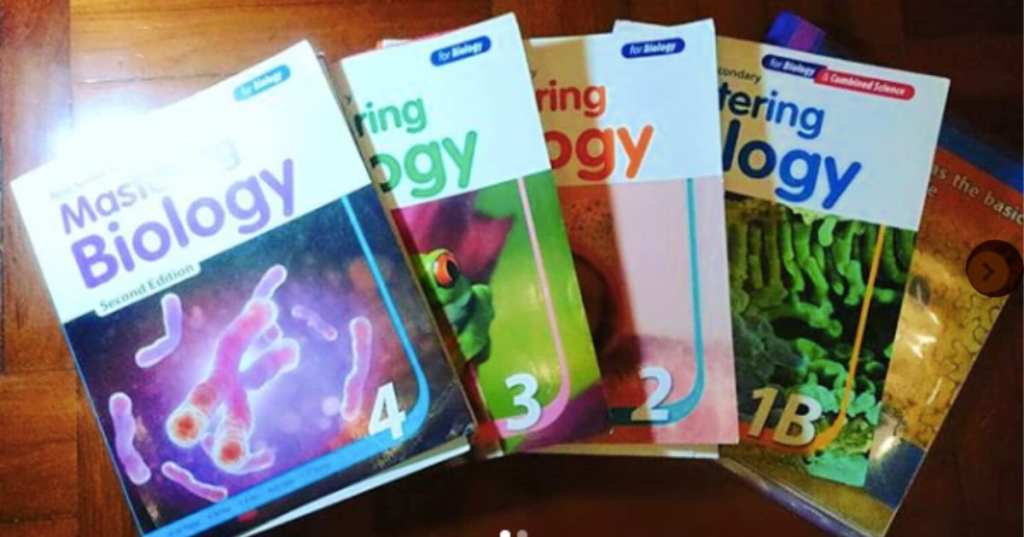People of color, women, LGBTQ folks, and anyone that exists as part of a marginalized group has known since forever that representation matters. If little girls can’t imagine themselves as physicists, if little black boys can’t see themselves as physicians, if little gay children don’t see that it’s perfectly fine to live their truest life, nothing changes, and people suffer.
Though there has been a move in media, films, television, and fiction to get more stories and characters to the forefront who aren’t living straight white male lives, new research is showing that textbooks – particularly those written for STEM fields, are lagging woefully behind.
https://www.instagram.com/p/BvOttKEBmVs/
The recent study found that overwhelming majority of scientists mentioned in biology textbooks are white males – and not one single black woman scientist was to be found.
The results were disappointing, according to Dr. Cissy Ballen, Assistant Professor at the Department of Biological Sciences at Auburn University and author of the study.
“Textbooks highlight the historical work of influential scholars who have shaped the field while conveying foundational concepts in a given discipline.
From the perspective of students who rely on these textbooks – plenty of work has demonstrated how students perceptions of who can do science influence their sense of belonging in STEM fields, as well as their interest and achievement in STEM.”
The scientists involved in the study looked at the representation of different demographics in biology textbooks currently being used in undergraduate science classrooms all over the United States, as well as books and how they’ve changed over the past 100 years.
https://www.instagram.com/p/B8meq7-B0B1/
Sadly, the names of the biologists mentioned have hardly changed even though contributions have been made along the way – many by women and people of color. The findings, published in Proceedings of the Royal Society B, found that only 13% of scientists depicted in the textbooks were women, and less than 7% were people of color.
There was a “distinct lack” of Asian and Hispanic women, and as we said, nary a Black female scientists to be found.
If there’s a silver lining, it’s that they did find evidence of progress. Citations of women were proportional to the number of women biologists working at the time of a discovery, for one.
“So, textbooks are not under-representing women relative to their presence in the science workforce.
But they are definitely not reflecting the numbers of women in undergraduate classrooms – overall 13% of scientists are women in textbooks – approximately 60% of students are women.”
And that is a huge disparity that should be addressed sooner rather than later.
https://www.instagram.com/p/BX3QTGAAWow/
Obviously, even though the news is brightening (somewhat) for women in the field, textbooks have a long way to go to catch up to the number of people of color looking to enter it.
And when we’re done fixing that, we’ll go after all of the history books that conveniently forget about all of the American history that belongs to those same underrepresented groups.
We have a lot of work to, friends, so don’t go thinking we’re done any time soon!






